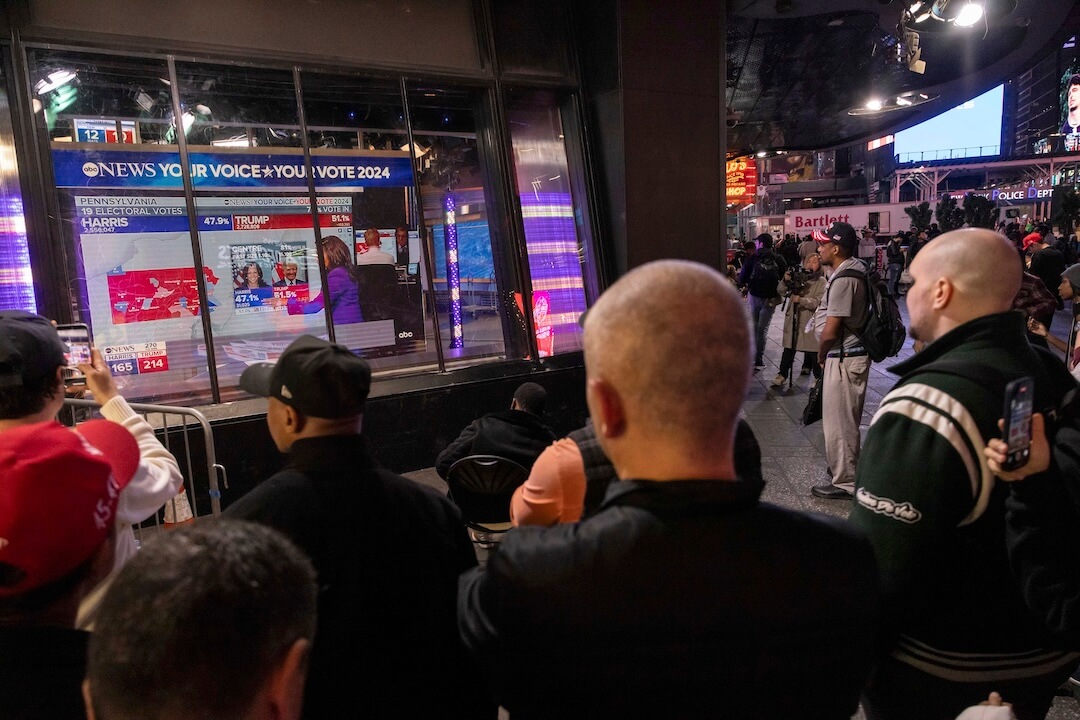When Red Sox majority owner John Henry takes ownership of The Boston Globe, its newsroom is likely to feel the glare of an old familiar public suspicion: that cross-ownership leads to favoritism.
This is not new ground for the Globe, since the New York Times Co. owned a minority share of the Red Sox from 2002 to 2012.

- Red Sox and soon-to-be Boston Globe owner John Henry in his box at Fenway Park on Friday. (AP Photo/Charles Krupa)
“During that period,” The Globe’s Beth Healy writes, “the Globe continued its normal coverage of the team and routinely disclosed in news stories that the Times Co. was a partial owner of the Red Sox.
The Globe-Red Sox history also goes back further — all the way to the early 1900s, when members of the Taylor family owned the Red Sox and built Fenway Park.
Even so, the deal is sure to spark debate in journalism circles and among Globe readers about whether the Globe’s coverage of the Red Sox, which regularly includes critical commentary, will be affected.
Globe Editor Brian McGrory tells Healy the paper has “no plans whatsoever to change our Red Sox coverage specifically, or our sports coverage in general, nor will we be asked.”
Still, the cross-ownership issue is bound to arise anytime the Globe’s coverage appears to favor the Sox. Chicago Tribune writers knew that public glare well from when Tribune Co. owned the Chicago Cubs. (Tribune sold the Cubs in 2009.)
Tribune Public Editor Timothy J. McNulty wrote about the friction in 2008:
“No matter how fair and even the coverage, readers — especially readers who are White Sox fans — believe that Tribune stories are skewed either in favor of the Cubs or against the Sox. “It’s impossible to change that perception among Sox fans,” said Dan McGrath, the associate managing editor for sports, “even when they won the World Series and we put out a special section almost every day and did two books on the Sox.”
Tribune Co.’s ownership of the Cubs has been a bane not only to those who write and edit sports pages, but to business and metro reporters as well. I hear about it constantly. The Cubs are more than a sports franchise in terms of news coverage. Decisions about zoning regulations and parking in the neighborhood, about renovations to the treasured stadium and the sale itself are issues that have the potential to raise ethical questions.”
Interestingly, far from being seen as favoring the team, Cubs sports writers said they felt the heat of team officials for what some perceived as unduly harsh coverage.
Media companies and sports franchises have a long history of co-mingling business interests. In 1999, the American Journalism Review pointed out that the Pittsburgh Post-Gazette’s ownership “bought a minority share of the Pittsburgh Pirates to help keep the team in town.” (Robert Nutting bought the team in 2007) Gannett, which owns The Cincinnati Enquirer, used to have an interest in the Reds. Ted Turner had many interests in sports teams, and Disney, which owns ABC and ESPN, had hockey and baseball interests. News Corp. and Comcast have had interests in franchises as well.
In Canada, the Canadian Journalism Project has raised conflict of interest concerns concerns about media ownership of pro sports teams.
Two years ago, Forbes’ Mike Ozanian pointed out a disambiguation trend that is still unfolding today.
Media companies became interested in sports teams because they could avoid paying high franchising license fees. As media companies became cash-strapped, they sold the sports teams to billionaires with local roots. The Boston Globe story is an reversal of the old cross-ownership trend with the same end-effect, only this time the rich sports owner is buying the media company.







